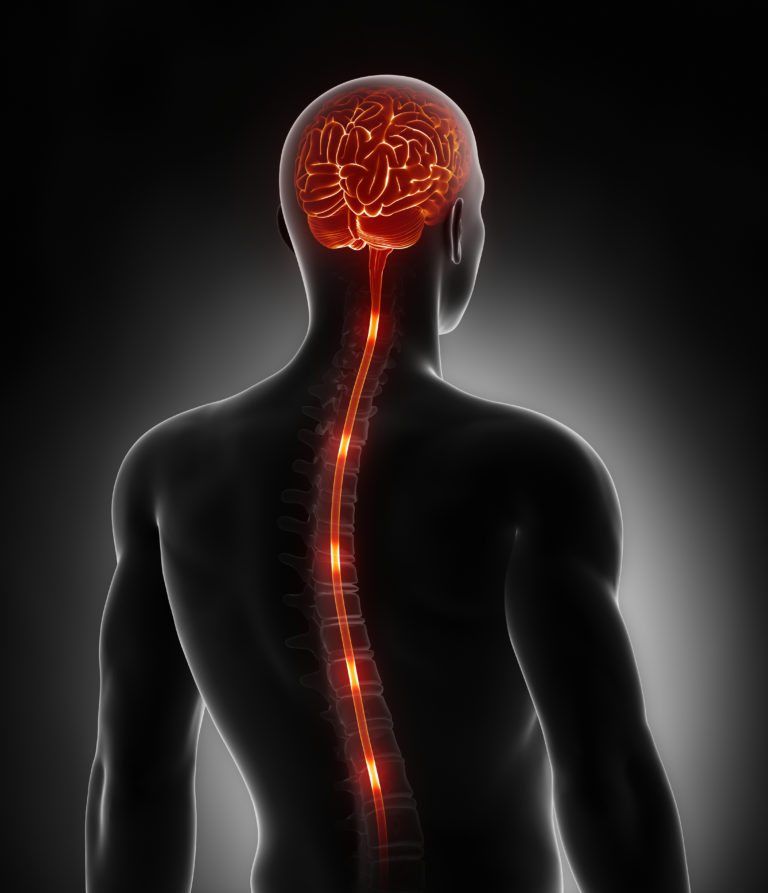Spinal Cord Stimulation

A new therapy has been increasing in popularity for those who suffer from chronic pain in the arm or back, have complex regional pain syndrome, failed back surgery syndrome, arachnoiditis, and a variety of other conditions that produce chronic pain conditions. Spinal cord stimulation is a treatment that involves the implantation of a spinal cord stimulator that helps to mask pain signals sent to the brain. The stimulator shares certain properties with a pacemaker, delivering pulses of electricity to the spine to aid in the management of chronic pain conditions.
Spinal Cord Stimulators: A Little Bundle Of Pain Relief
The SCS, or spinal cord stimulator, is implanted under the skin and has a small wire that is connected to the nerve fibers found in the spinal cord. When activated the nerves are stimulated near where the pain is experienced, reducing it by preventing or suppressing the strength of signals sent to your brain. All SCS systems share three main features:
- A battery powered pulse generator that produces the electrical pulses.
- 8-32 electrodes bound in a lead wire that brings the pulses to the nerves of the spine.
- An on-off capability powered by a hand-held remote.
Does Spinal Cord Stimulation Eliminate Pain?
The spinal cord stimulator isn’t capable of eliminating the source of the pain, but rather like many pharmaceutical painkillers masks the pain itself. The SCS can create an odd tingling sensation that some patients have found unpleasant, which has led to a trial simulation being done prior to permanent implantation.
How Effective Is Spinal Cord Stimulation?
Spinal cord stimulation has been shown to reduce experienced pain by 50-70%, but those who have experienced less reduction have stated the even a small reduction in pain aids them in living their life normally. One of the most important effects of stimulation is the ability to reduce the medications being taken for pain, aiding in clearing the mind of the patient and enhancing their overall quality of life by allowing them to be more engaged. This procedure doesn’t work for everyone or is only partially effective in covering the area affected by pain. If the trial procedure indicates that it isn’t effective, the wires can be removed without consequence.
Am I A Candidate For Spinal Cord Stimulation?
This determination is in the hands of your physician, who will do an analysis of your condition, current medication level, and history of pain to determine if you’re a candidate for this form of pain management. You may be a candidate if:
- Other therapies have failed.
- Additional surgery wouldn’t help you.
- You want to avoid surgery due to the recovery times or risks involved.
- You are not experiencing depression or drug addiction. Treat these before getting SCS.
- No other medical conditions that may contraindicate implantation.
- Your SCS trial was successful.
If you think you may be experiencing symptoms indicating you could benefit from spinal cord stimulation, contact your physician to schedule a consultation. You don’t need to live with chronic pain if all other therapies have failed SCS may work for you.
